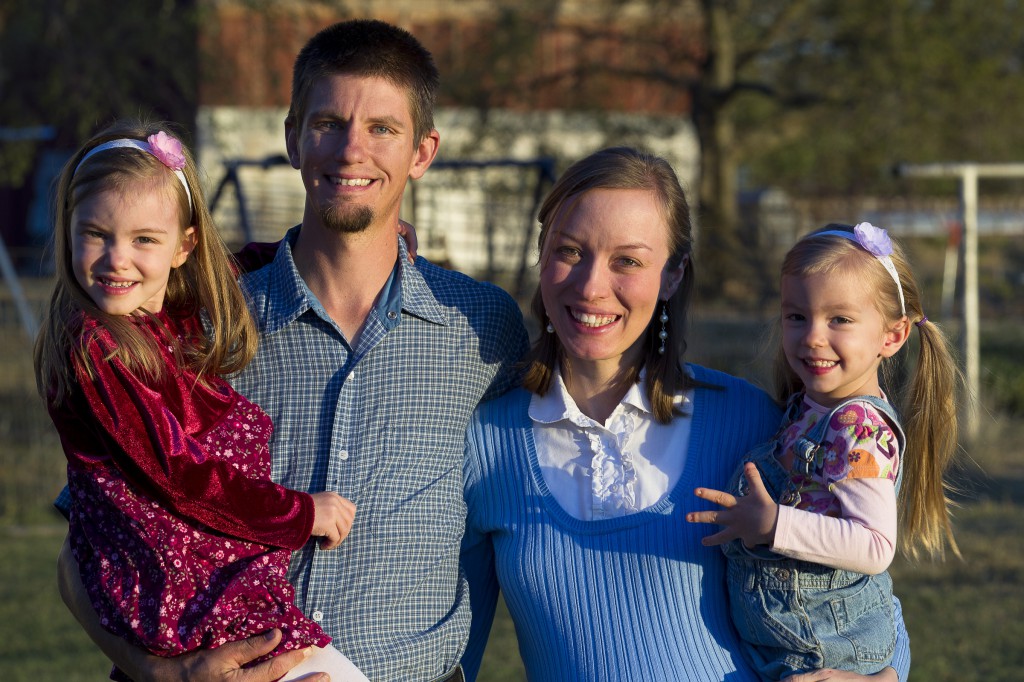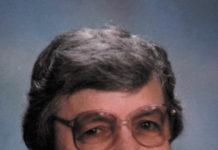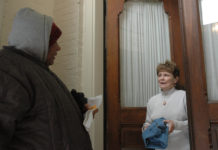
VATICAN CITY (CNS) — The responses to the Vatican questionnaire about Catholics’ family life reflect a great amount of suffering around the world, said the general secretary of the synod.
As of Feb. 19, about 80 percent of the world’s bishops’ conferences and 60 percent of the Vatican congregations and councils had turned in formal responses to a questionnaire distributed by the synod office in October.
Cardinal-designate Lorenzo Baldisseri, general secretary of the synod, told the Vatican newspaper Feb. 21 that the responses show “much suffering, especially by those who feel excluded or abandoned by the church because they find themselves in a state of life that does not correspond to the church’s doctrine and discipline.”
The volume of responses, which also include about 700 submissions from Catholic groups and individuals, demonstrates great interest in the synod’s plans to discuss the family when it meets at the Vatican Oct. 5-19, said the general secretary.
By urging bishops around the world to conduct the broadest consultation possible given the brief amount of time allotted, synod officials “sparked a spontaneous reaction that may seem surprising, but is actually proof of how necessary it is to go out of our offices” to where people really live, he said.
The results compiled by the bishops’ conferences, he said, show “the urgency of recognizing the lived reality of the people and of beginning a pastoral dialogue with those who have distanced themselves from the church for various reasons.”
Simply by distributing the questionnaire so widely and inviting everyone to respond, he said, “a process has been opened for restoring the trust many have lost.”
Pope Francis, he said, “shows, day after day, a new human and Christian approach that stimulates people and prepares them to listen and to accept what is good for them, even if there is suffering.”
–Cindy Wooden Catholic News Service







